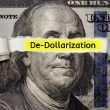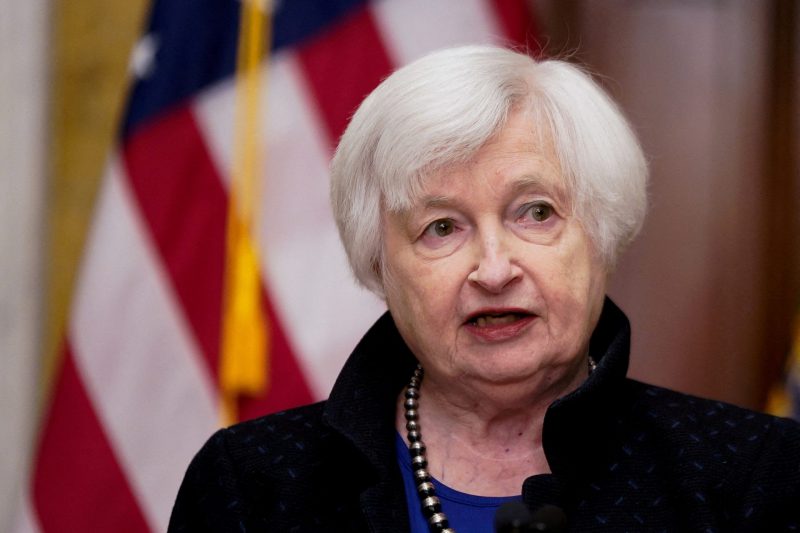Speaking today, US Treasury Secretary Janet Yellen said that there should be an expectation of a slow decline in the US dollar as a reserve currency. Moreover, the statements arrive amidst international de-dollarization efforts employed by a host of countries, including the BRICS economic bloc.
Yellen had previously stated her expectation that the US dollar would remain unchallenged as the global reserve currency. However, it appears as though recent developments have shifted her stance on the matter.
Yellen Expects Slow Decline in Dollar’s Reserve Currency Status
The global reserve currency status of the US dollar has been a constant headline over the past several months. Indeed, as international trade has worked to de-dollarize itself, the currency has seen a lessening prevalence. Subsequently, appearing at the US House Financial Services Committee meeting today, one prominent voice in American finance spoke on the matter.
US Treasury Secretary Janet Yellen, says that there should be an expectation of a slow decline in the US dollar as a reserve currency. Specifically, in statements that differ from others she had made last month discussing the same issue.


Speaking to Reuters, Yellen maintained her confidence in the US dollar. Specifically, the confidence that it would remain the global reserve currency. Despite the de-dollarization action that has been taken by countries like China and Russia. Subsequently, she acknowledged attempts by these nations to create an international trade alternative but described them as difficult to conceive.
Yellen’s appearance before the Committee on Finance Services regarded what was described as “treasury oversight,” in testimony that has since been revealed. Moreover, Yellen discussed international financial institutions (IFIs) and their role “as part of our broader economic and foreign policy toolkit.” Additionally, she referenced these institutions as “fostering a more resilient global economy.”





